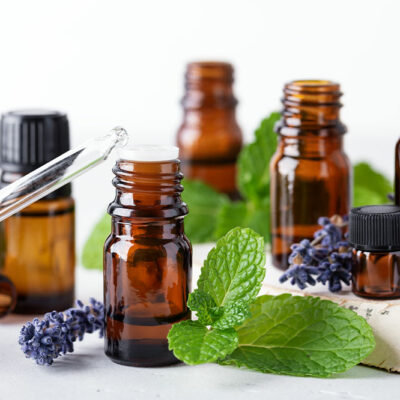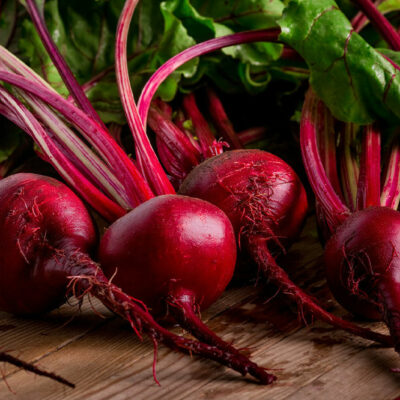Liver damage due to high sugar intake – Signs and remedies

The adverse effects of eating too much sugar are not limited to just diabetes and dental issues. The liver, responsible for detoxifying the body and regulating metabolic processes, can also fall victim to sugar overload. Individuals who relish sweets too often should learn to recognize the signs of liver disease due to excessive sugar intake. Besides listing the indicators of liver damage, this post discusses how to maintain liver health to prevent complications.
Signs of liver disease due to excessive sugar intake
While the symptoms listed below could result from several conditions, they are commonly linked to kidney disease, which may occur gradually due to high sugar intake:
Fatigue and weakness
Persistent fatigue and weakness are common signs of liver disease. When the liver is overwhelmed by excessive sugar intake, it becomes inflamed and suffers from cell damage. As a result, its ability to store and release glucose for energy production can get affected. When the body’s cells and tissues do not receive glucose, individuals experience unexplained fatigue and a general lack of energy.
Abdominal discomfort
Liver disease caused by excessive sugar intake can result in abdominal discomfort. Individuals may experience pain where the liver is located. This symptom can range from mild to severe and may be accompanied by bloating or a sense of pressure.
Jaundice
Jaundice, characterized by yellowed skin and eyes, mainly develops when the liver cannot properly filter a waste product called bilirubin from the blood, created when red blood cells are broken down. If someone notices a yellowish tint in their skin or eyes, they should seek expert attention immediately. If ignored, jaundice can lead to severe complications, including brain damage.
Dark-colored urine
Changes in urine can indicate liver dysfunction. Dark urine is often a sign of increased bilirubin levels in the body, which can affect the working of the liver.
Poor appetite
Liver disease can cause an unintended loss of appetite. It happens because the body finds it challenging to process and absorb nutrients from food. Additionally, individuals may feel full quickly due to the compromised digestive processes associated with liver dysfunction.
Digestive issues
Digestive issues like nausea, vomiting, and diarrhea can be signs of liver disease due to excessive sugar. The liver produces a fluid called bile, which helps break down food. When the liver is affected, it may produce insufficient amounts of bile, leading to digestive trouble.
Inflammation
Eating high amounts of sugary foods for a long time can cause severe swelling of the liver cells. The compromised liver function can, in turn, result in a buildup of fluid in the body, leading to a bloated or distended abdomen.
Skin changes and itching
Liver disease can cause changes in the skin. For instance, the skin may appear unusually dry, irritated, or discolored. Itching is often attributed to the accumulation of bile salts under the skin due to reduced liver function.
Easy bruising and bleeding
Impaired liver function can affect the blood’s clotting ability, resulting in easy bruising and prolonged bleeding. The liver produces clotting factors essential for normal blood clotting. When its functioning is compromised, the clotting factors may be reduced, increasing the risk of bruising and bleeding.
Fatty liver disease
The body breaks down food into glucose. When one eats more than needed, especially sugary items, the excess glucose produced is stored in the form of fat cells in the liver and other body parts. The excessive fat buildup in the liver, called fatty liver disease, can damage the organ’s function. Abdominal pain, nausea, and weakness are signs of fatty liver disease to watch out for.
Since the signs listed here may also result from other health factors, one should consult a healthcare professional for a proper diagnosis. Knowing the cause of the problem can enable individuals to choose the correct treatment.
How to maintain liver function?
The following are a few lifestyles changes and remedies that can help maintain liver health and control the signs of liver disease due to excessive sugar intake:
Cut down on added sugar
Added or refined sugar is used in numerous everyday foods, from pastries and baked items to sauces and syrup. One can reduce sugar intake by cutting back on these and opting for whole, unprocessed foods and natural sweeteners like stevia or honey. Experts recommend carefully reading food labels when grocery shopping since sugar may have other names like fructose, sucrose, corn syrup, and cane sugar.
Hydration is key
Proper hydration is vital for liver health because water can flush out toxins from the body, helping the organ function optimally. One can add lemon or cucumber slices to water to boost flavor and increase its liver-detoxifying benefits.
Eat balanced meals
A well-balanced meal plan is essential for liver health. Individuals should choose foods that promote liver detoxification and support the organ’s natural functions. The best examples of such foods are fruits and vegetables rich in antioxidants, such as berries, citrus fruits, leafy greens, and cruciferous vegetables like broccoli and Brussels sprouts. It is also important to acquire proteins, fiber, and other vitamins through whole grains, nuts, and seeds for a complete nutrient-rich boost.
Exercise regularly
Engaging in regular physical activity helps maintain liver health. Individuals can pick any activity they enjoy, from brisk walking and swimming to cycling, and consistently practice it.
Manage stress
Chronic stress can hinder the body’s healing process, aggravating liver disease. One may try yoga, meditation, and deep breathing exercises or consult a professional to manage chronic stress. Prioritizing self-care, getting enough sleep, and creating a balanced work-life routine can also significantly reduce stress levels and support overall health.
Before considering lifestyle changes or natural remedies for better liver health, one must seek guidance from a qualified healthcare professional. By consulting with an expert, one can receive personalized advice tailored to their specific liver condition, symptoms, and overall health.








